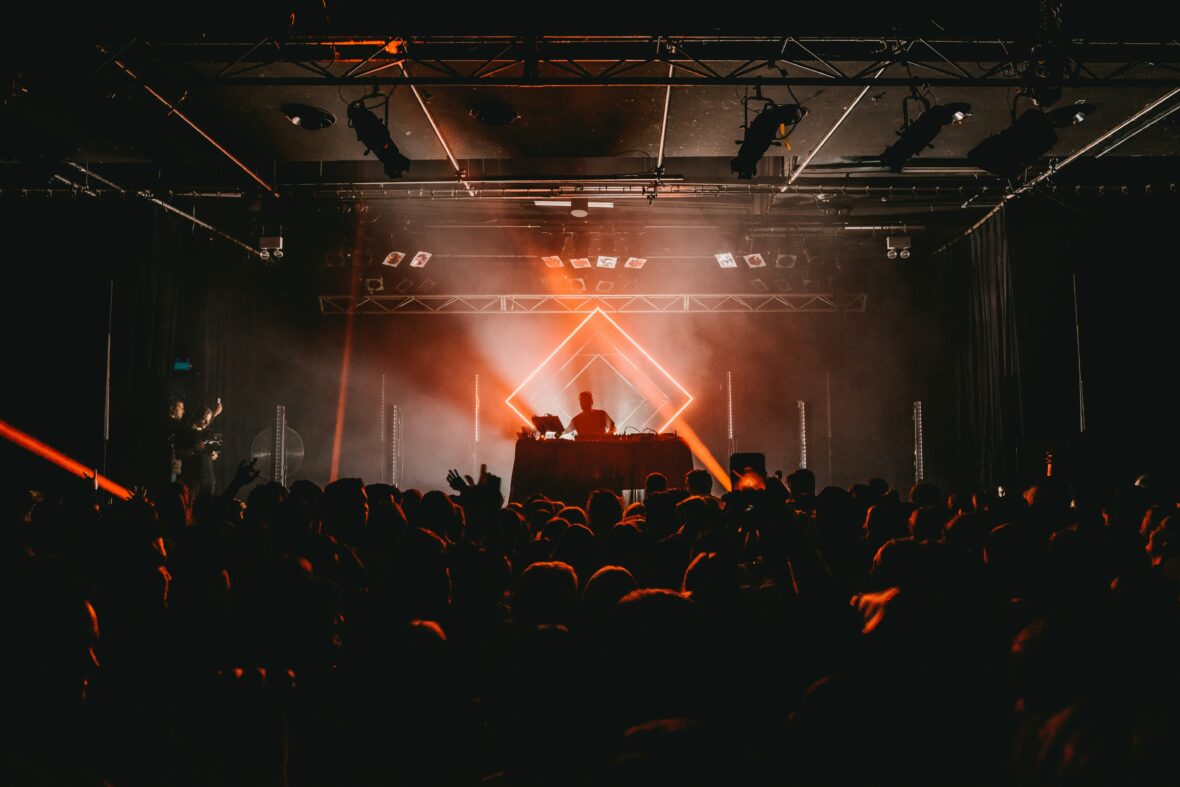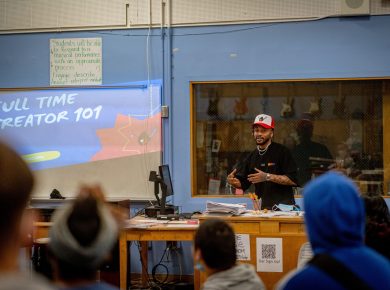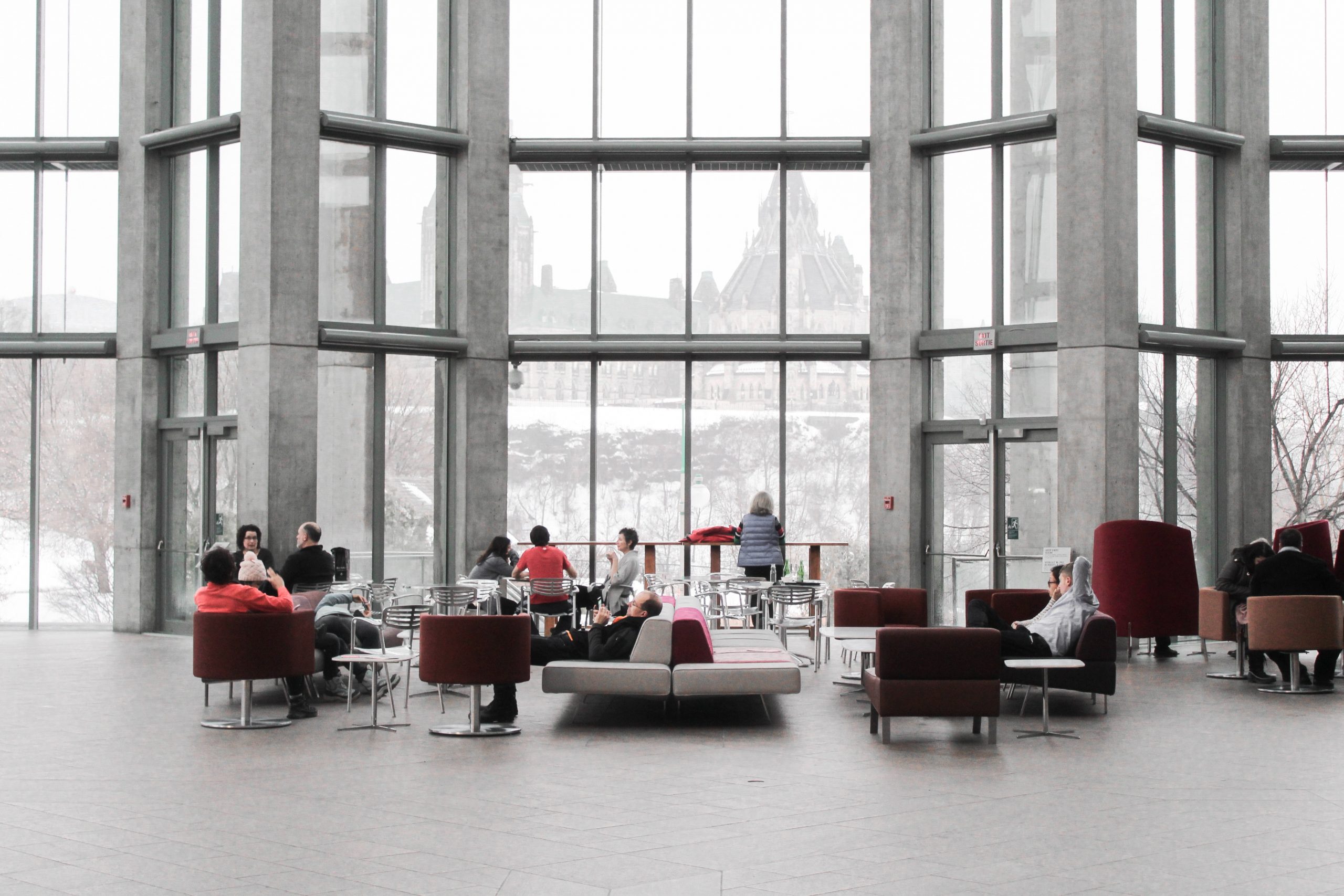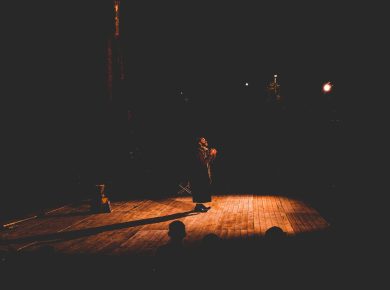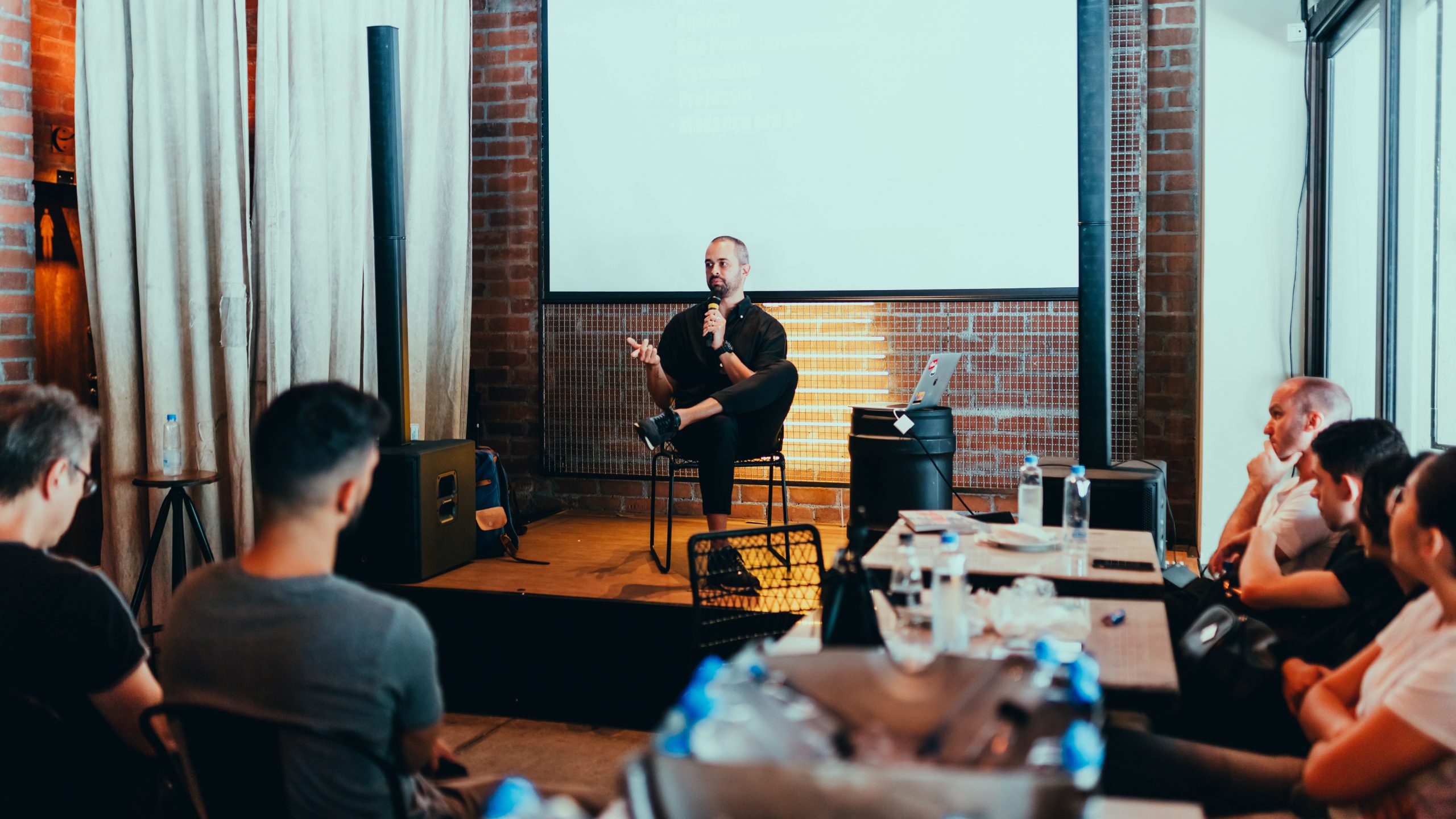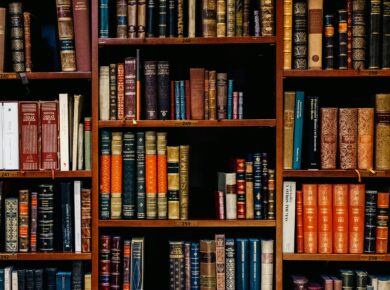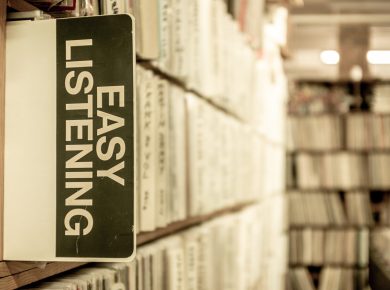Music Theatre in Nigeria was at its peak in the late 50s through the 60s and even went on to be the most popular entertainment in the early 70s.
It was during this period that travelling Theatres, pioneered by the African Music Research party of Hubert Ogunde in 1946, according to Clark (1981), were in vogue, especially in the southwestern part of Nigeria.
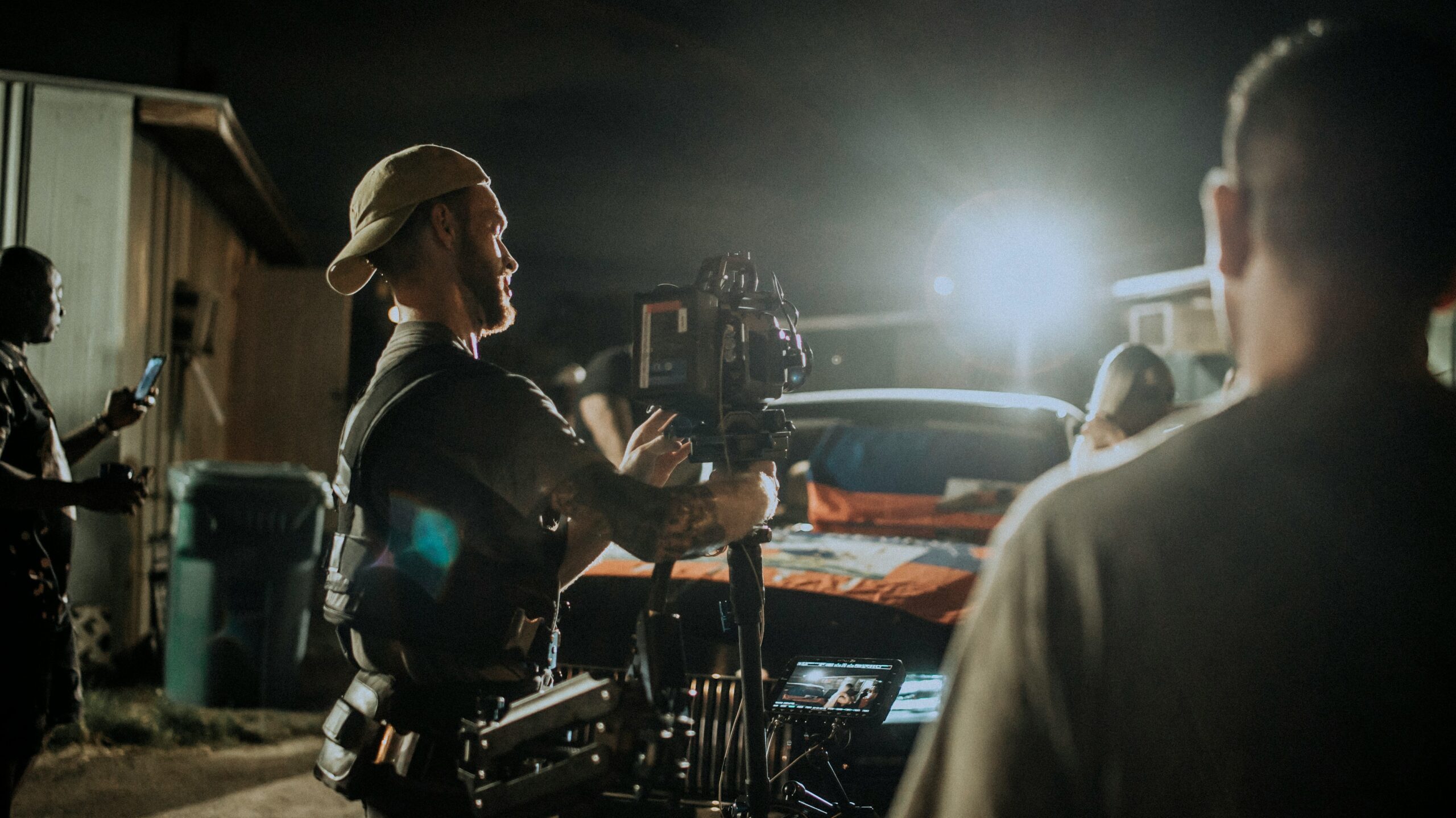
Introduction
Most Popular among these Travelling Theatres were such Theatre Groups that evolved among the Yoruba people.
They include the Drama groups of Hubert Ogunde, Kola Ogunmola, Duro Ladipo, Akin Ogungbe, Isola Ogunsola a.k.a. I sho Pepper, Lady Ranco, Lere Paimo a.k.a. Eda, to mention but just a few of them.
Though, these groups were Yoruba dominated by leadership and membership, the memories. And everywhere they staged their plays they received very remarkable encomium.
Focus 1
Hence, it may be pertinent to say at this juncture that the secret is always behind the incorporation into their plays to weld the various acts into a meaningful whole.
The ‘Playpractitioners was usually a fine spectacle that their fans (audience) enjoyed from the start to the end.
The opening glees that are usually performed by ladies with sonorous voices and backed with some other male and female voices in the peculiar African parallel harmony style are always very captivating.
Focus 2
It is equally the uniform stylistic dance steps (choreography) in mini skirts and blouse costumes, and nice make-ups that the dancers (ladies) are often clad in.
It used to be highly thrilling to the audience and was always intentionally used as an intermezzo to reduce the ‘tensions’ that the play (usually tragedy or tragic-comedy) may have inflicted on the audience.
The opening glee was, however, an instrument of placation as it contained the “pledge” and the “salute” of the elders as obtained in the Yoruba Masque Dramaturgy (Alarinjo Theatre)-Adedeji (1981:Pg.221-225)
Focus 3
This, however, does not mean that the only purpose music serves in these plays is limited to bridging of opening and closing of the plots; rather, they are plots on their own that are expressed in operatic form.
That is, the playwright often changes his style of writing and acting properly by conveying his ideas (Plots/themes) in words, songs or miming. Knowing fully well that without music, the drama becomes fragmented, episodic and incomplete.
Focus 4
As a result, the leaders of the travelling theatres of the pre-independence and early independence period were, all in all, Playwrights, librettists, actors and even directors.
However, of all the influences they may have created in society, then and now, one would want to give them.
Kudos for re-enacting the history (past events) of the society in their plays and particularly for infiltrating our educational set-up, especially at the primary and secondary schools of that age, with the music theatre tradition.
Focus 5
They encouraged these schools to set up Drama groups that usually act out plays, both in the mother tongue and in English, at the end of every school year (around December)to entertain the community as part of the graduation ceremony of the Primary school leavers.
This practice got so elaborated that some historical lessons or literature texts(novels/drama) like the historical battle between the Athenians and the Carthaginians are cleverly turned into music theatres that schools even compete in.
Focus 6
Intra and inter-practice helped in no small measure to develop the mental ability of not only the ‘actors’ but almost every pupil.
The script, by convention, had to be the child to develop the acting gift/aptitude, mental ability (brain), psychomotor and affective skills.
It is however, appalling that this highly beneficial and educationally didactic liberal art, and effective. is gradually dying with the Pioneers – Kola Ogunmola, Duro Ladipo, Hubert Ogunde, Isola Ogunsola etc.
Focus 7
Times as it used to be in the 50s, 60s and 70s when the Travelling Theatres made houses could not adequately compensate for the live stage plays in Halls (of both metropolitan and rural towns/villages) of the music theatre era.
Our society. Music Theatre, being the offshoot of “Alarinjo” (Mosque dramaturgy, pioneered by Ologbojo and perfected by Esa Ogbin), is an established culture among the Yoruba people and thus must be revived.
The Concept-Music Theatre
Having traced the antecedence/historical background of Music Theatre in Nigeria in its minutest form, an attempt is here being made to explain what the art by concept stands for. This is to discuss the objectives associated with both the paper and the art itself.
This step, hopefully, will help to establish further the relevance of Music Theatre to the socio-political and educational development of any society. Music Theatre is a coinage derived from two important performing arts, and
Theatre
There can not be a complete and convincing definition of the word Music, since it means different things to different people.
It serves a lot of different purposes in the lives of people, and each society wants to give it a definition that is most relevant to their perception of the whole concept. However, Glennon’s (1980: 1) definition would be most applicable in the context of this paper.
He says: inter alia that music is a part of living that it has the power to awaken in our sensations and emotions of a spiritual kind”
Focus 1
This definition is most applicable as it addresses the ethnomusicological basis of music. art; the writing and acting of plays.
Especially when connected with one author. Its antecedent is back to the earliest Greek and Roman drama, and also played an important part in Elizabethan times.
Focus 2
Incidental music dates to the beginning of the 17th century (Pre Baroque) and through Baroque, Classical, and Romantic, until it reached its apex(MusicTheatre) in the 20th century.
Martyr 16980; Pur cell (the Indian Queen”, “King Author”) Beethoven; (“Egmont”)Ariesinne’). Before those just mentioned was, according to Glennon (1980: 216), “Rapies” (1605), composed by a theatrical company.
Music Theatre
The operative term in this paper, therefore, represents all that Music is and is interspersed with dramatic sketches, riddles and jokes – Akinwale (1995).
A folk opera, Akinwale (1995: 3), from a historical point of view, had this to say again of Music Theatre-:
“Music theatre was said to have developed as a specific term and genre in music in the 20th Century music scene in Europe…. (and ) referred to the combination of elements from music and drama in new forms distinct from traditional opera”.
Focus 1
The foregoing, if anything, confirms the earlier assertion that a Music Theatre combines elements of drama (dance, costume, lighting, acting and make-up) with music.
Thus, it is a musical performance in which the following dramatic fares are. According to Akinwale (1995: 4), present, e.g.
(1) Opera;
(ii) Music concepts in which there is narration, mime and dance
(iii) Theatre performance in which music plays a prominent role.
Examples of Music theatres: “The Garden of Eden and The Throne of God” (1944)”, Tiger’s Empire” (1946), “Mr Devil’s Money (1946), all by Hubert Ogunde, Duro Ladipo’s “Moremi,
“Oba Koso” “Oba waja”, Kola Ogunmola’s “Lanke omu”, “Palm wine Drunkard” and “Love of money” and Adam Fibressirna’s works as well as Soyinka’s”Kongi Harvest” and “Operation Wonyo si”.
Significance of Music Theatre
Music theatre is so significant in any society for the following reasons:
- It refreshes the memory of past events
- It entertains the patrons
- It supplies labour, i.e. a means of livelihood to some people. I
- It aids cultural continuity.
Focus 1
It is found in the Nigerian constitution of higher learning, Arts Councils (both state and drama departments of Universities, Colleges of Education and Polytechnics), and studies have also been established in some Universities (e.g. Íbadan and Ife).
It is to help foster African Culture, such as Music Theatre, to the outside world. One would, however, wish that Music Theatre is also included in the curriculum of ‘senior primary (5 -6) and secondary schools, ‘ for a proper background.
Music Theatre is a veritable art capable of thrilling and dazing the unwilling audience. The fact that it combines two popular aesthetic arts (Music and Drama) gives the audience diverse satisfaction.
Focus 2
Some would take delight in Music rather than acting or vice versa. It gives the audience the deserved fulfilment that any meaningful entertainment is supposed to give.
Hence, our wards must be encouraged to go into the profession. Imagine a member of the audience of Dekker and Messinger’s play “The Virgin Martyr” who, according to Glennon, had this to say:
“Not that the play is worth much, but that which did please me beyond anything in the whole world was the mind-musique when the angels come down, which is so sweet that it ravished me.
Focus 3
I could not believe that ever any music hath that real command over the soul of a man as this did upon me, and it makes me resolve to practise wind unique and to take my wife to do the like.”
The Social-Cultural Significance
Music Theatre moulds and shapes the mind (perception and conception ) of individuals. We should remember that the conceptual implications of the attribution of humans are significant in the ways they are manifested in the uses of the performing art forms (1987: 1).
In African society, the a tendency for individuals to seek some form of relevance in Music Theatre. Africans take delight in communicating with the land in which they live.
Focus 1
Yusuf (1987: 300), quoting Badejo, opined that it is believed that these spirits control every aspect of their lives.
“Hence, it is necessary, according to him, to maintain harmony with them so that they may, with reciprocity, fulfil the needs of the society”.
This paper is not meant to discuss the religious/ritualistic undertones of Music Theatre nor indulge in any form of indoctrination.
Focus 2
Rather, the content of the foregoing paragraph was specifically addressed to highlight the cultural importance of Music Theatre. It makes it pertinent that the dying art needs to be revived in contemporary Nigeria, which is fast losing grip on its heritage.
Was the Bori Cult Dance of the Hausas? Was the Atilogu Dance of the Igbos? Were the Sango/Ogun/Obatala ritual performances of the Yoruba people?
Focus 3
They have almost gone into oblivion, perhaps to pave the way for foreign films, music and dances that have now infiltrated and polarised/adulterated our culture today.
Consequently, Nigeria is perceived among the legion of African Nations today as one society without a clear-cut philosophy; culturewise.
Thereby rendering our huge investments (in cash and in-kind) on FESTAC ’77 wasted efforts and resources.
Recommendations
The onus of tapping all the virtues (cultural, social, educational) of Music Theatre through concentrated efforts of reviving it is now on Musicians/Operatists/Librettists and Theatre Practitioners in our universities and other Tertiary Institutions of learning.
Focus 1
They should evolve a good Programme in the Cultural and Creative Arts (C.C. A.)The curriculum of all levels of our education will place premium focus on MusicTheatre.
The government should also come to the rescue of not only the Institutions, cultural theatres, but also provide a special vote for the Travelling Theatre Groups that have”nice ideas” but are financially handicapped to turn them into “ideals’
Also, let there be some sort of cooperation among Playwrights, Musicians (Librettists)and Artistic Directors in the struggle to revive Music Theatre in this country.
Focus 2
The age-long tradition of one part, guarding jealously its works, should stop. The monopolistic/selfish tendencies of winner-takes-all (credits) should stop.
The biases of the orthodox foreign religions (Christianity and Islam) that are violent about the staging of Music Theatre Plays in our schools (public/mission) as the practice was in the 50s – 70s, should be addressed.
Conclusion
A major source of entertainment. It has high pedagogical influences and provides cultural continuity and identity in society. Thus, its revival in contemporary Nigerian is paramount. Read more similar posts on our research page of the site.
